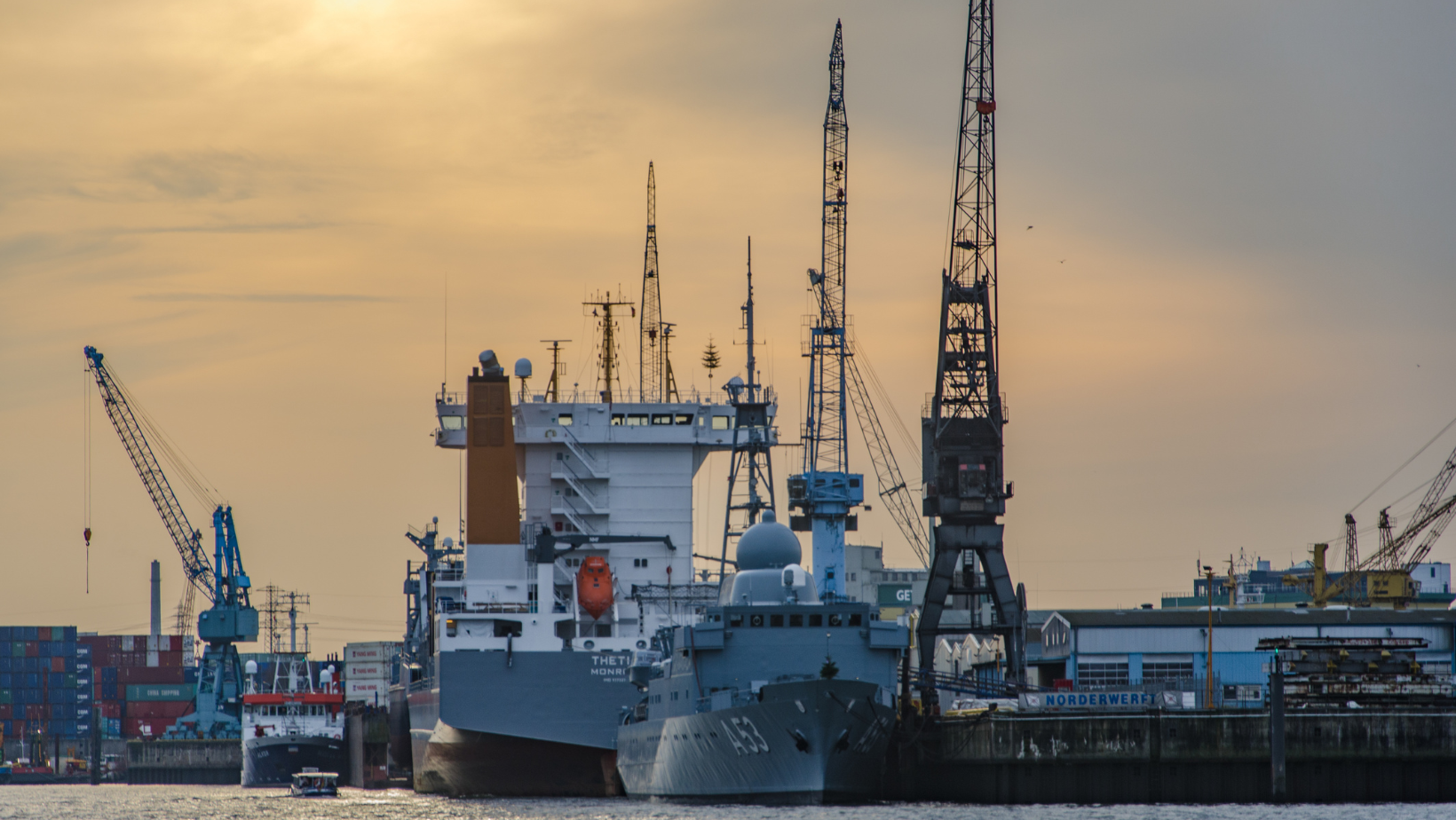According to shipping records, Germany, Europe's largest oil user, has more than doubled the sources of imported petroleum in recent months as its refiners seek out substitutes for Russia's medium-sour Urals crude in the wake of the Ukraine war.
As supplies of piped medium sour Russian oil have been running low, according to vessel analytics provider Kpler, German refiners have recently turned to crudes from Canada, Algeria, Saudi Arabia, Cameroon, and Libya in addition to increasing seaborne crude imports from existing suppliers Norway and the US. According to the data, rare crude shipments have also come from Brazil, Guyana, Italy, and Equatorial Guinea.
According to the International Energy Agency, Germany imported 687,000 b/d of crude and 149,000 b/d of oil products from Russia in November 2021, making it the world's second-largest consumer of Russian crude after China. The majority of the crude was transported from Russia to Rotterdam and its North Sea ports of Wilhelmshaven and Brunsbuttel via the northern arm of the Druzhba pipeline system.
Germany originally resorted to Norwegian crudes following Russia's invasion of Ukraine on February 24.
Imports of grades including Johan Sverdrup, Grane, and Statfjord saw a particularly large surge. When compared to pre-war levels, total German seaborne crude imports from non-Russian sources increased by 320,000 b/d in the first three weeks of September.
The data indicates that in June, when imports from Norway peaked at 180,000 b/d and regular flows commenced from Canada, Germany imported its final seaborne cargo of Russian oil. According to the data, Germany has only purchased Canadian crude four times in the preceding four years, and so far in September, levels have averaged 60,000 b/d.
As Asian consumers turn to inexpensive supplies of Russian Urals and ESPO crudes, European refiners have benefited from improved access to regional grades like the Forties and Johan Sverdrup.
These crudes are not necessarily a precise match for Russia's Urals crude, but the majority of them are categorized as medium sour crudes, making them a sensible choice for refineries in Northwest Europe set up to prioritize the manufacture of diesel.
Since March, the majority of Germany's oil importers and refiners have stopped using Russian supply. The government asserted that by mid-April, the nation had reduced its reliance on Russian crude to 12% of its imports from 35% before the invasion of Ukraine.
By the end of the year, when EU import sanctions against Russia take effect, TotalEnergies has stated that it hopes to reduce its reliance on Russian oil. According to TotalEnergy's CEO Patrick Pouyanne, Leuna will then be supplied with oil from the North Sea via Polish ports, likely in the form of Norwegian Ekofisk grade.
